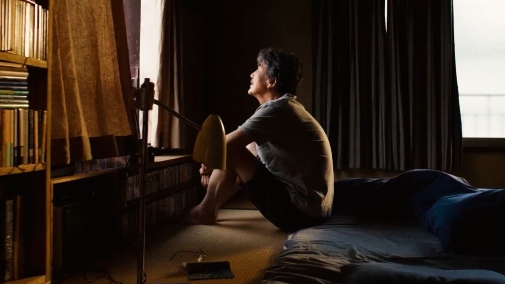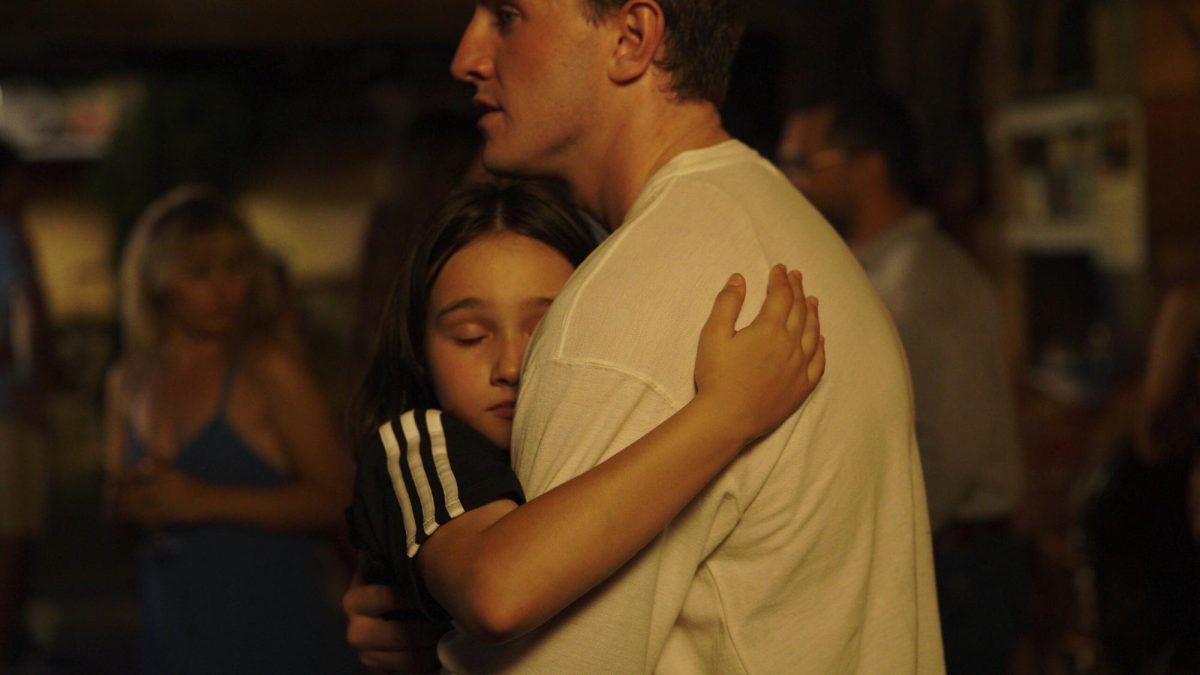Our current cultural moment is marked uniquely by hurry. The frenetic pace in which we all live has worsened since the pandemic. From digital addiction, to endless side hustles, and an obsession with productivity, there are underlying beliefs held at an individual and cultural level that drive everyone to move at an arguably inhuman speed.
Perfect Days, directed by Wim Wenders, is the complete opposite. The film follows a mild-mannered man named Hirayama, played by the exceptional Kōji Yakusho, and his daily life as he works at a public toilet cleaning service and has a complex relationship with beauty. Wenders intentionally doesn’t fill each second with instrumental music to which so many of us have become accustomed to.
Instead, he points the camera at his central character doing what is mundane and relies on the audience to lean into their discomfort and watch. I will speak for myself when I say I was shifting in my seat at the film’s beginning.
Not only have I become used to the way music romanticizes and creates tension within ordinary moments in films, but I have also begun doing this by constantly filling the seemingly empty spaces in my life with noise.
Hirayama’s life is simplistic, quiet, and disciplined. His routines, although similar day-to-day, feel more like rhythms than restrictions. The director cleverly puts the audience in the movie by using supporting characters to contrast Hirayama’s way of life with the cultural norms.
Takashi, Hirayama’s young assistant, is always running late, complaining about his love life, and questioning why he’s taking his job so seriously. Hirayama steals glances at nature while waiting for people to exit the stalls and revels in the beauty of the same tree during his lunch break while Takashi pursues Aya, a girl that is clearly not reciprocating his interest.
The three come together when he lets Takashi drive his van, and the two discover his cassette collection. Both have different responses that reflect familiar beliefs. Takashi tries to convince him to sell a rare one so that both of them can profit, and Aya steals and eventually returns a cassette, not before asking if she can listen to one more song. Aya’s intentions in stealing, although not completely pure, are revealed here, which is that she experienced something tangible with cassettes that she was desperate to hold onto.
Aya’s character reflects the resurgence that has happened in recent years, where people are seeking out vinyl records, cassettes, and physical books despite having access to unlimited songs and audiobooks with their devices. Even though it seems like it would feel liberating to have the power to listen to any song you want at any time, it has led to experiences of overwhelm and shorter attention spans.
Hirayama also buys and reads one book at a time instead of buying several. This constraint, although it appears ascetic compared to our culture of indulgence, empowers him to pay closer attention since he’s not trying to get through one book to get to another. This is also present in his choice to take pictures of trees through film photography and get physical prints developed on his day’s off.
Film photography has also become popular in recent years due to its slower process. Here, Wenders connects that the palpable contentment and quiet joy Hirayama radiates comes from the way he practices presence.
This in-depth character study is so powerful due to how countercultural it is.
We live in a time when people feel increasingly dissatisfied with their lives, often chasing happiness and achievement. Hirayama prioritizes values like hard work, integrity, generosity, and wonder.
This film’s meditative qualities make it feel spiritual. Gerald G. May, an American psychiatrist and theologian, defines contemplation as paying attention to what is.
Wenders’ genius direction throughout this film comes from his relentless commitment to point the camera at everyday occurrences and his belief in the richness of simplicity and ordinary life.
It wasn’t until halfway through the film that I realized the difference it makes for Hirayama not to have a phone in his hand. Instead of waking up to scroll or check his phone at certain moments, he lives through each favorable or challenging moment.
Ian Morgan Cron, author of Road Back to You and enneagram teacher, writes about how unconscious motivation defines our actions. This film will undoubtedly make you long for this man’s contentment and wonder, what’s happening in this man we’re observing? What is his inner life like?
Many films are intentionally filled to the brim with action and suspense to offer people an escape from their boredom. Wenders’ film serves as an escape from hurry and an immersion into the present. We are too quick to label our days as bad when difficulty or struggle inevitably rears its ugly head. The Perfect Days that Hirayama is living and the ones that we are longing for require the lost art of paying attention. This is the key to unlock and uncover the wonder and beauty that too many fail to notice.







